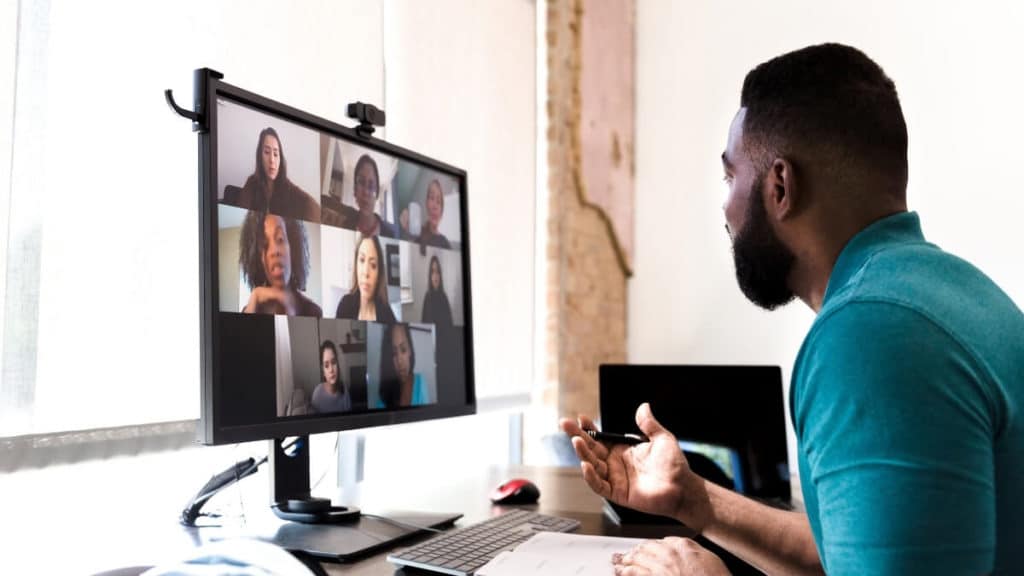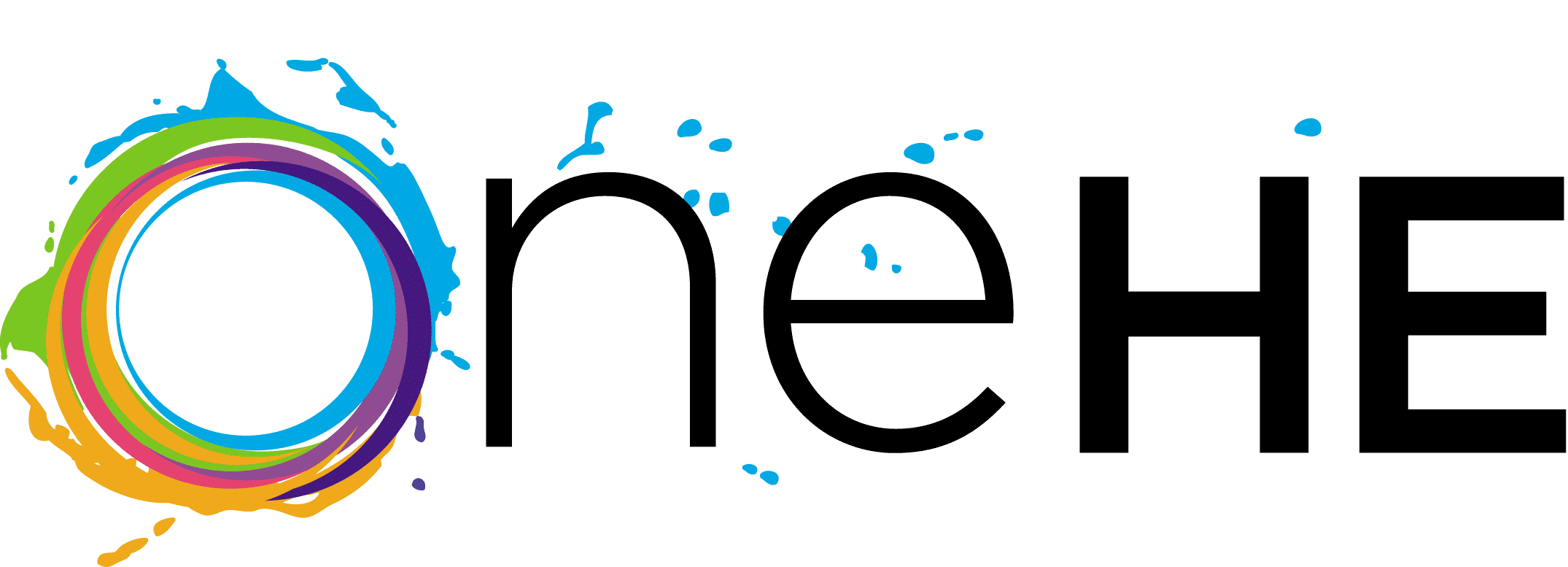Sign in to OneHE
OR
Log in through your institution
This option is for institutions using Single Sign On. If your institution is not listed below, please use the sign in form above.
If you have any issues or questions, please email [email protected]
Not a member? Start your free trial today


